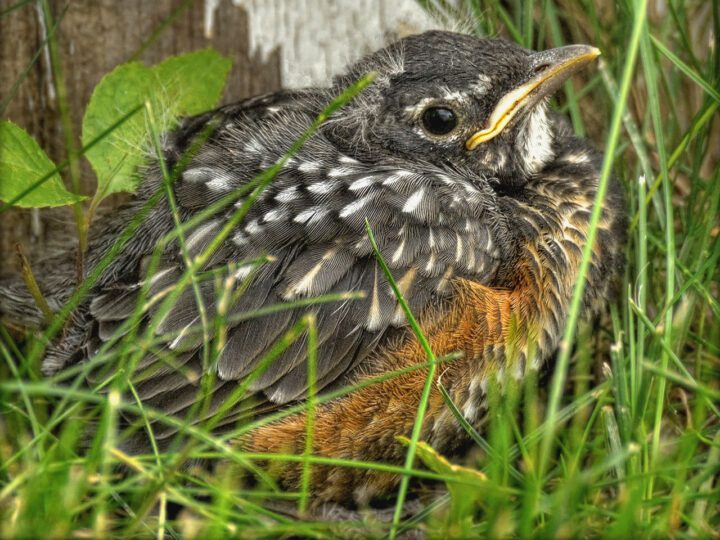No, cats should not eat feathers as they can be harmful to their digestive system. Cats are curious creatures known for their playful nature.
They are fascinated by all sorts of objects, and feathers are no exception. However, when it comes to consuming feathers, it’s best to keep them out of reach. Feathers can pose a risk to a cat’s health as they may not be easily digestible, and the sharp quills can cause damage to their digestive tract.
Additionally, feathers can be contaminated with bacteria, parasites, or toxins, which further increases the potential harm to cats. Therefore, it is crucial to ensure that your feline friend doesn’t have access to feathers to maintain their well-being.
Why Do Cats Eat Feathers?
Feathers can be irresistible to cats due to their natural instincts. Cats have an instinctual urge to hunt, and feathers mimic the movement of prey, triggering their predatory behavior. Cats see feathers as potential prey and are attracted to their small, moving nature.
When cats play, they often pounce on and bat around objects, and feathers are perfect for this interactive play. This behavior is rooted in their ancestors’ hunting instincts. Feathers provide cats with mental stimulation and physical exercise, keeping them active and engaged.
However, it’s important to ensure that the feathers are safe and non-toxic for your feline friend. Regularly inspect toys or feathers to avoid any potential ingestion or choking hazards. As a responsible cat owner, you should always supervise your cat’s playtime to keep them safe and happy.
Potential Risks Of Cats Eating Feathers
Feathers may pose potential risks to cats when ingested due to various reasons. One major concern is the possibility of gastrointestinal blockage, as feathers are not easily digestible. Cats can also face choking hazards if the feathers get stuck in their throat.
Additionally, feathers can cause damage to the throat and digestive system if sharp edges or quills are present. It is important to keep feathers away from cats and ensure they do not have access to them.
What Types Of Feathers Are Safe For Cats?
Feathers can be a fun and interesting toy for cats to play with. However, not all types of feathers are safe for feline consumption. It is important to choose non-toxic bird feathers that are free from any harmful chemicals or residues.
Prepared feathers that are specifically designed for cats are a safer option as they have been processed to remove any potential hazards. Feather toys that are made for feline use are also a great choice as they are designed with their safety in mind.
These toys often have feathers attached to a string or wand, allowing for interactive playtime that stimulates their natural hunting instincts. Always supervise your cat when playing with feathers and remove any small or loose pieces to prevent choking hazards.

Credit: www.allaboutbirds.org
How To Prevent Feather-Related Accidents In Cats
Feathers can be a source of fascination for cats, but they can also pose risks. To prevent accidents, it is important to supervise playtime with feather toys. Cats may ingest or swallow feathers, which can cause digestive issues or blockages.
Offering alternative safe toys, such as interactive treat puzzles or dangling toys, can help redirect their attention. Regularly inspecting and replacing damaged feathers is crucial to avoid any potential harm. Remember, cats’ safety should always be a priority. Stay vigilant and ensure a safe and enjoyable playtime for your feline friend.
What To Do If Your Cat Ingests Feathers?
Feathers are not a natural part of a cat’s diet. If your cat ingests feathers, they may experience digestive issues or blockages. It is important to observe your cat for any signs of distress such as vomiting, lethargy, or lack of appetite.
If you notice any of these symptoms, seek prompt veterinary assistance. A professional will be able to perform diagnostic tests to determine the extent of the issue. Treatment options may include medications to help with digestion or even surgery to remove any obstructions.
Remember to keep feathers and other small objects out of your cat’s reach to prevent any potential ingestion in the future.
Conclusion
While feathers may seem like a tempting plaything for cats, it is generally safer to keep these materials out of their reach. Feathers can pose several risks to feline health, including potential choking hazards, digestive issues, and the possibility of ingesting harmful bacteria or parasites.
It is crucial for cat owners to prioritize the safety and well-being of their furry companions by providing proper toys and treats that cater to their natural instincts without endangering their health. Offering appropriate alternatives such as interactive toys, catnip-filled items, or scratching posts can keep cats entertained and engaged without the potential risks associated with feathers.
Always consult with a veterinarian for specific dietary guidance and to address any concerns about your cat’s overall health. By keeping these considerations in mind, you can ensure that your feline friend enjoys a safe and fulfilling life.
